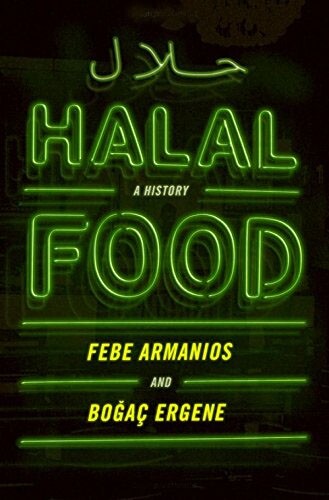Is Cadbury chocolate or Coca-Cola and Pepsi halal? Armanios and Ergene offer a comprehensive overview of Islamic food laws and their modern-day application. Those laws require, they explain, not just avoiding alcohol and pork but the detection of minute amounts of these forbidden substances in other consumables. “In 2014,” the authors report, Cadbury “came under fire after the Malaysian Health Ministry discovered pork DNA in some of its popular treats.” And, “a 2012 French study confirmed that some Coca-Cola and Pepsi drinks contain 0.001 percent alcohol.”
Armanios of Middlebury College and Ergene of the University of Vermont detail how Cadbury rushed to assure Muslims that most of its products were definitely halal, and Coca-Cola published a statement noting that “more than 200 countries ... have consistently recognized the drink as a nonalcoholic product. This includes countries where Islam is the major religion.”
Cadbury and Coke are by no means unique: The book is full of accounts of Western businesses hastening to accommodate the Muslim consumer’s demand for halal options. As far as Armanios and Ergene are concerned, this is a wholly positive development. They quote an unnamed Muslim writer that being “halal is not only a religious motive, but it conveys the idea of hygiene, wholesomeness, and being friendly to the society, the environment, and the animals.”
Not everyone, however, shares this sunny view. Armanios and Ergene say that “halal eating is inevitably linked to a religious identity that can carry a stigma, and in countries where scrutiny and suspicion of Muslims is on the rise, discussions of religious dietary preferences sometimes devolve into heated debates about nationalism, acculturation, assimilation, and tolerance.”
They do not, however, delve into those debates at any depth, and that is this book’s weakness. Foes of halal are cast solely as bigoted xenophobes. While halal food is noted to be an aspect of “Sharia-compliance,” Armanios and Ergene do not consider that some may oppose the increasing prevalence of accommodation to Muslim dietary rules because of other aspects of Shari’a—its approval of warfare against unbelievers, denial of equality of rights for women, etc.—that could be given entrée once halal accommodation is widely accepted.
Robert Spencer
Author of The History of Jihad




